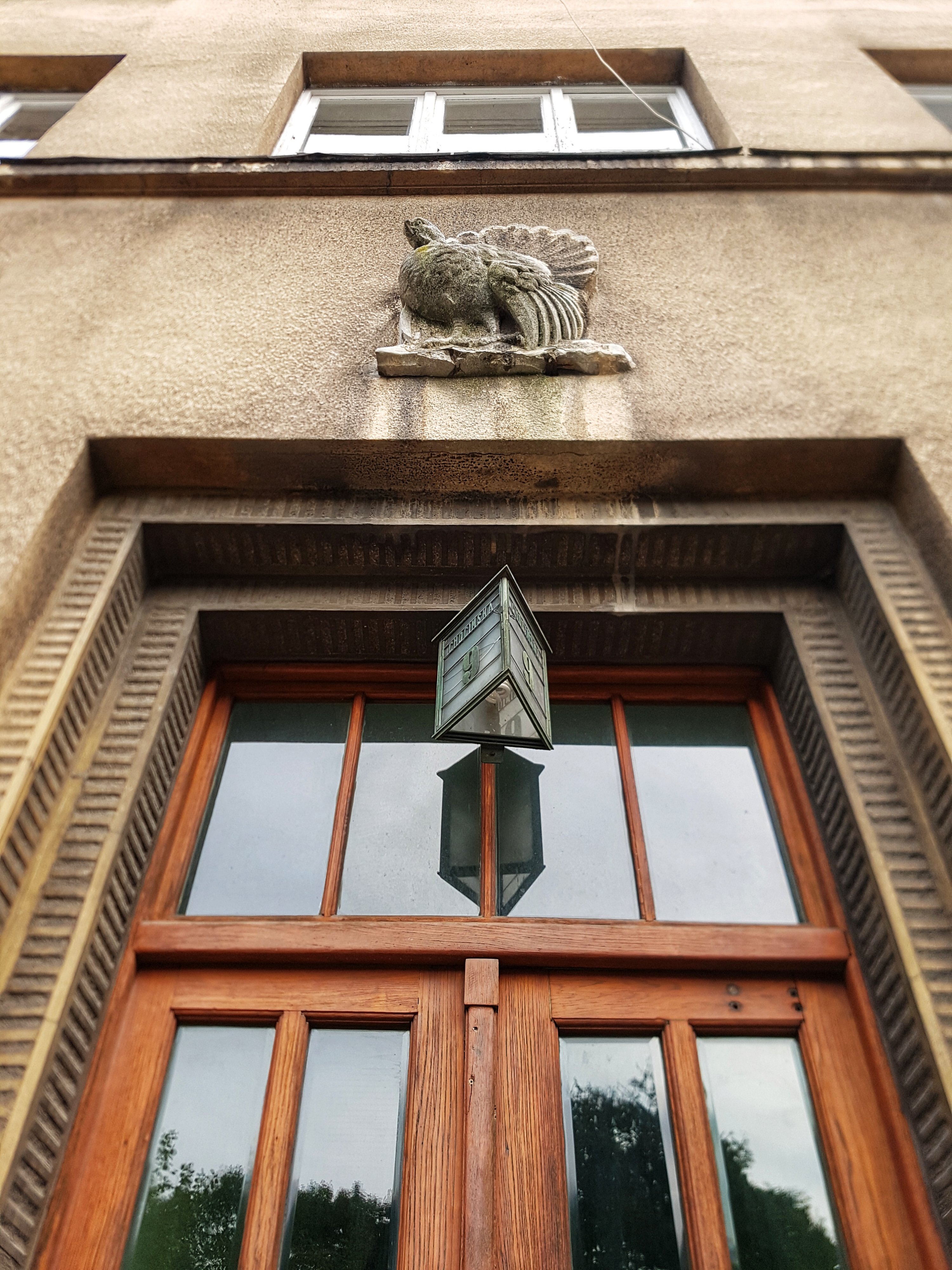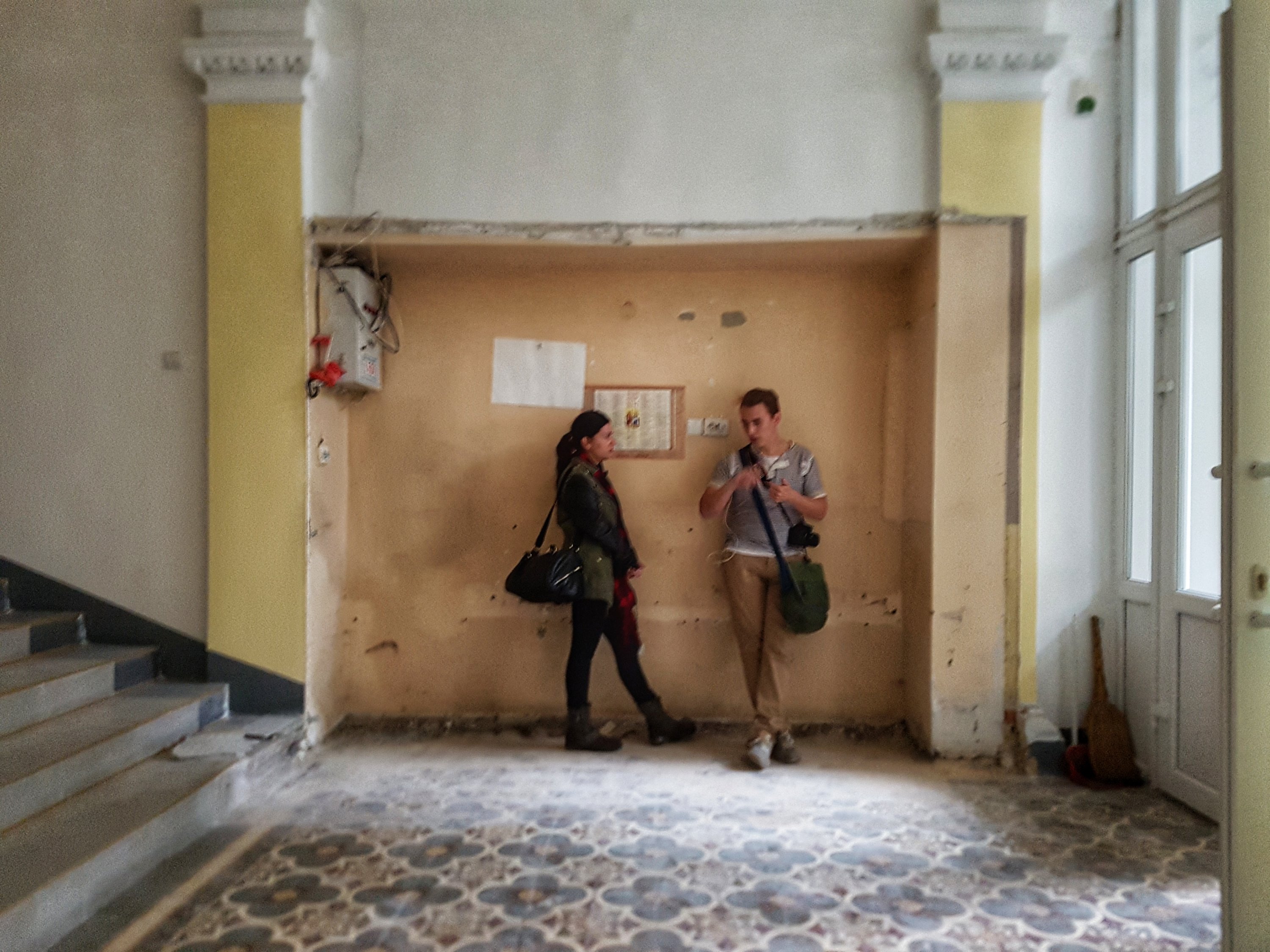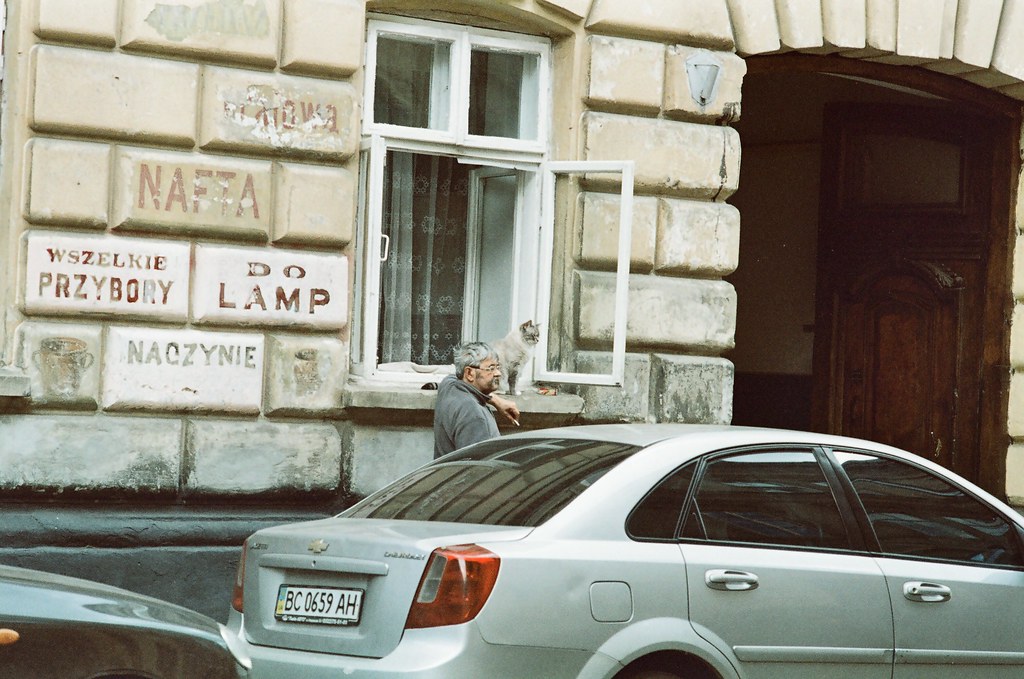Något som katten har släpat in
Category: by sophie engström, krönika, sociala medier, Sverige, ukraina
Tags: bloggare, katter, Margit Richert
På pin kiv sådär, säger jag det ibland. Trots att jag vet att det inte precis ger några pluspoäng i andras kapitalräkning av mig. För inte ger mig titeln “bloggare” några tungviktarkilon. Idag är det väl kanske snarare ett skällsord.
Den här utvecklingen är både skrämmande och sorglig. Det fanns en tid då bloggaren blotta existens sågs som en port till en mer mångfasetterad bild av verkligheten. Jag minns för en tid sedan då någon kallade den lysande skribenten Margit Richert för “matbloggare”. Epitetet förväntades ge läsaren en negativ bild av nämnda skribent. För mig verkade utfallet i motsatt riktning. En bloggare för mig är en person med ofta utomordentligt god förmåga att uttrycka sig, och med många genomtänkta, och berikande texter. Ofta står deras fokus något utanför det som det de etablerade medierna koncentrerar sig på. Bloggaren är enligt min mening inte ett alternativ till etablerade medier, utan ett komplement. De ger oss möjlighet att bredda vår kunskap om olika områden.
Men ofta anses vår verksamhet vara lite skum. Varför vill vi lägga så mycket obetald tid på något så få tar del av? kanske någon frågar sig. Eller vilken är din agenda? undrar säkert någon annan. Svaret på det är givetvis olika. I mitt eget fall handlade det om att jag behövde få publicera texter andra medier inte ville ta. Det var främst texter om Ukraina jag hade svårt att sälja in. Jag antar att felet låg i att jag min vana trogen försökte hitta positiva exempel i ett samhälle med många sår. Det tilltalar inte alla redaktörer. Alster i skrivbordslådan kanske passar vissa, men hos mig skapade de bara frustration. De brände hål i mitt självförtroende, tills det läckte som ett såll. (Och jag kan försäkra er att dåligt självförtroende skriver väldigt usla texter.)
I Ukraina var bloggarna essentiella för all demokratisk utveckling. Deras energi och kunskap fyllde ukrainarnas lungor med luft. Gav dem syre, och fick drömmen om en bättre framtid att framstå som möjlig. Trots att bloggarna idag har mindre betydelse, främst eftersom många före detta bloggare har lyckats skapa kanaler som ses som etablerade nyhetskällor, finns deras positiva kraft och engagemang ändå kvar i ett kollektivt minne. När jag säger att jag är bloggare till en ukrainare kräver de genast adressen till mina ordkrumbukter. Att jag skriver på svenska avskräcker inte, menar de.
Det här har givetvis att göra med att de ukrainska medierna inte är lika fria som de svenska, men det är ändå rörande att se hur mycket de uppskattar mina blogginlägg, trots att de är författade på det obegripliga språket svenska.
Och så som det är i Ukraina, var det även i Sverige i begynnelsen. När jag inledde min bana som bloggare sågs det som ett tecken på min kreativitet och att jag var driven. Idag tycks det som om bloggaren ses som någon grälsjuk person med skumma avsikter och möjligtvis med fett konto i något skatteparadis. Och man frågar för allt i världen inte efter adressen till de där ordkråkorna.
Man skulle därför kunna tro att bloggarnas dagar är räknade, men jag är böjd att utmana den föreställningen. I en värld där etablerade skribenter lägger mer och mer tid på att ordbajsa på varandra på exempelvis Twitter eller Facebook, så kan bloggarna anta rollen som den vise och fagre konkurrenten. Men då behöver vi nog ändå lite hjälp. Ännu så länge tycks det mer lockande att screendumpa någon snubbes/snubbas Twitterramsor, än att dela någon bloggtext.
Summa summarum är att det inte finns någon summa att summera från dessa rader. Frånsett att jag kanske borde skriva på ukrainska. Och det borde faktiskt alla svenska bloggare göra! För då hade vi kanske sluppit att känna oss som något katten släpat in…
För övrigt är det som katten släpat in allt en gåva till husbonden/husmor.

En ukrainsk (katt)bloggare tar igen sig efter ännu en kommentarsstorm.







